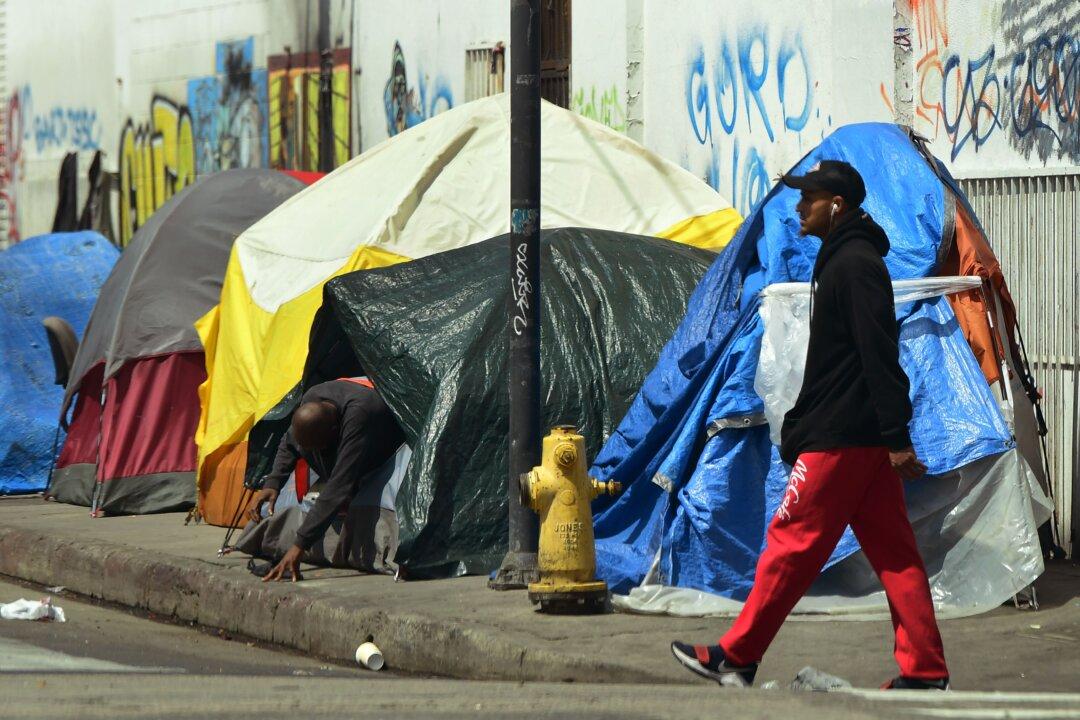The Supreme Court on Monday refused to hear a city’s bid to overturn a lower court decision that prevented officials from prosecuting the homeless for sleeping outdoors when no other shelter is available.
The appeal from Boise, Idaho, asked the top court to overturn a ruling from the U.S. Court of Appeals for the Ninth Circuit that found a city ordinance prosecuting people for camping or sleeping on the streets violated the Eight Amendment’s prohibition on cruel and unusual punishment if “there is a greater number of homeless individuals in [the jurisdiction] than the number of available beds [in shelters].”




